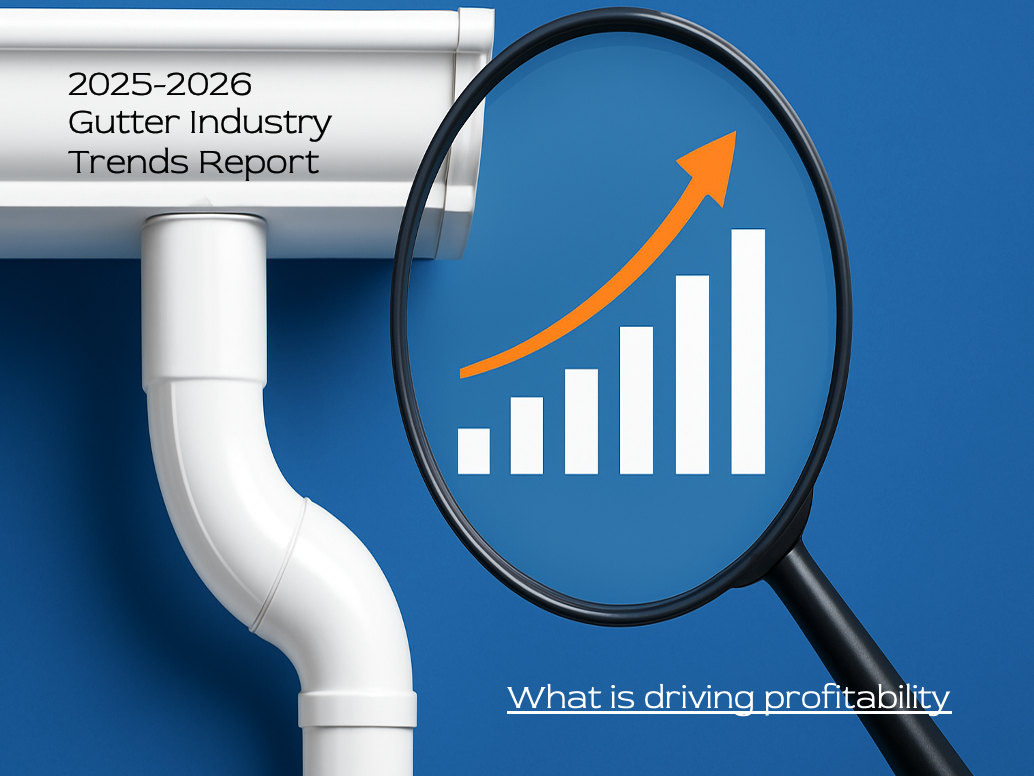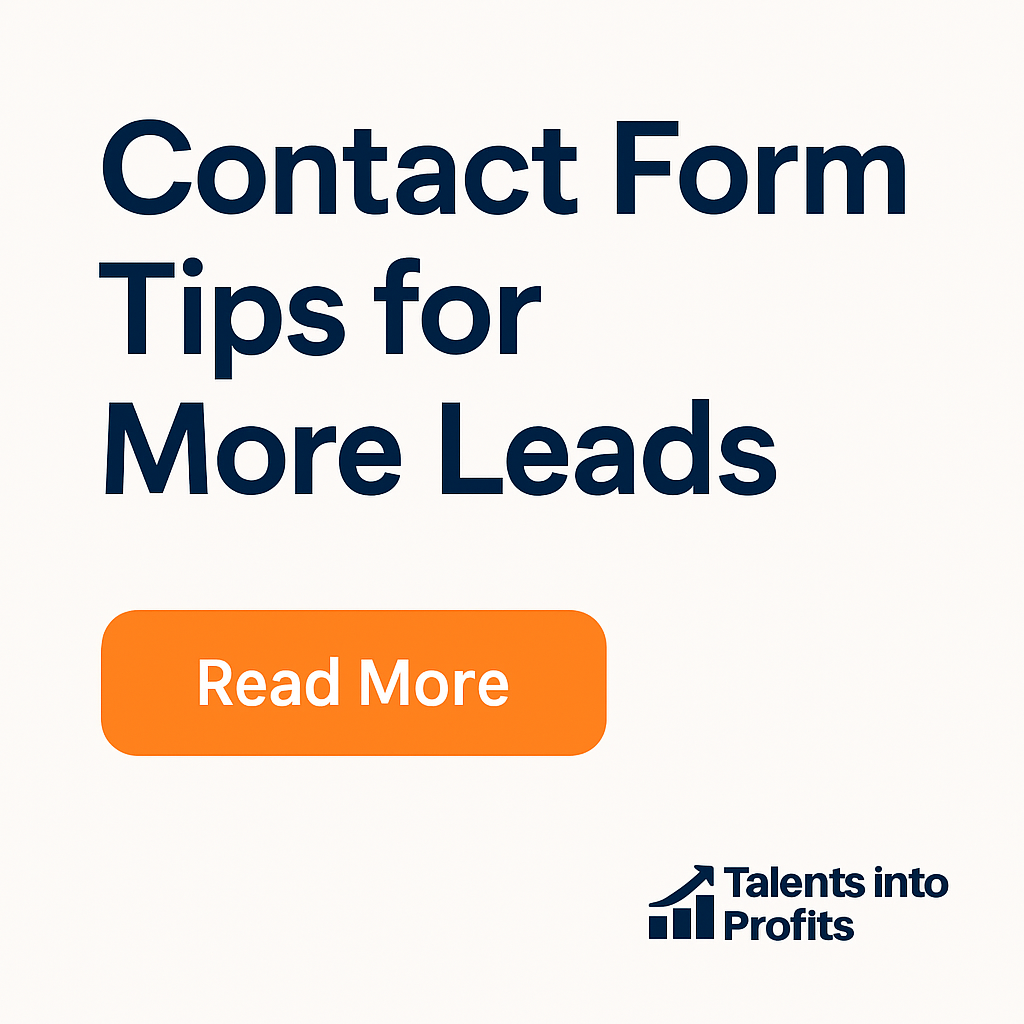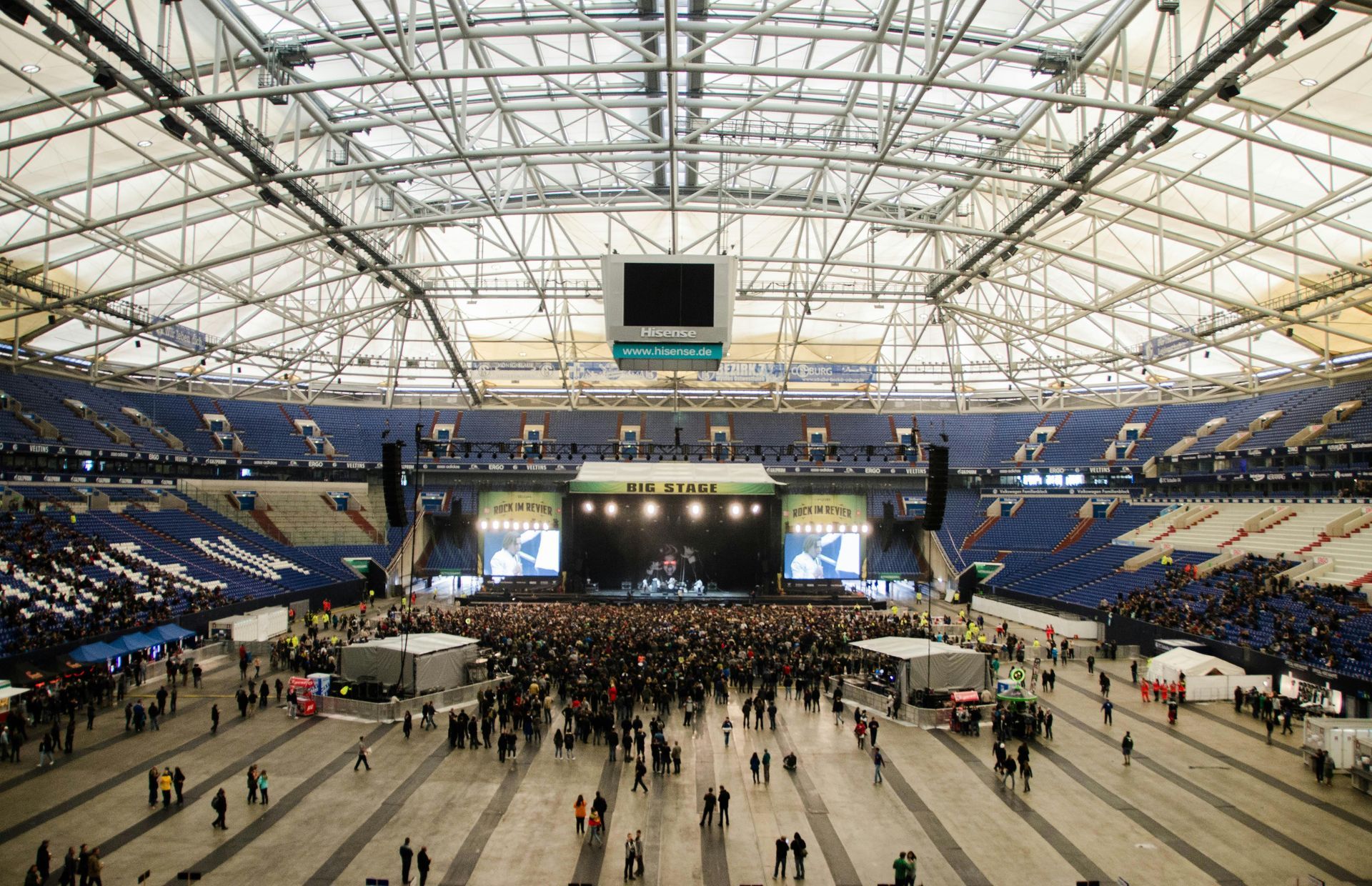When and How to "de-index a website Page"
De-indexing a website page is easy but usually not needed
Will Schmidt - November 17, 2023
Most business owners hear the phrase “de-index a page” and immediately think it’s an advanced SEO move to hide low-quality or private content. In reality, it’s something you rarely need to do—especially with modern website builders that already offer password protection, member-only sections, and private pages. If your website is built right, you can keep sensitive content hidden without asking Google to remove it.
What "De-Indexing" a website page really means...
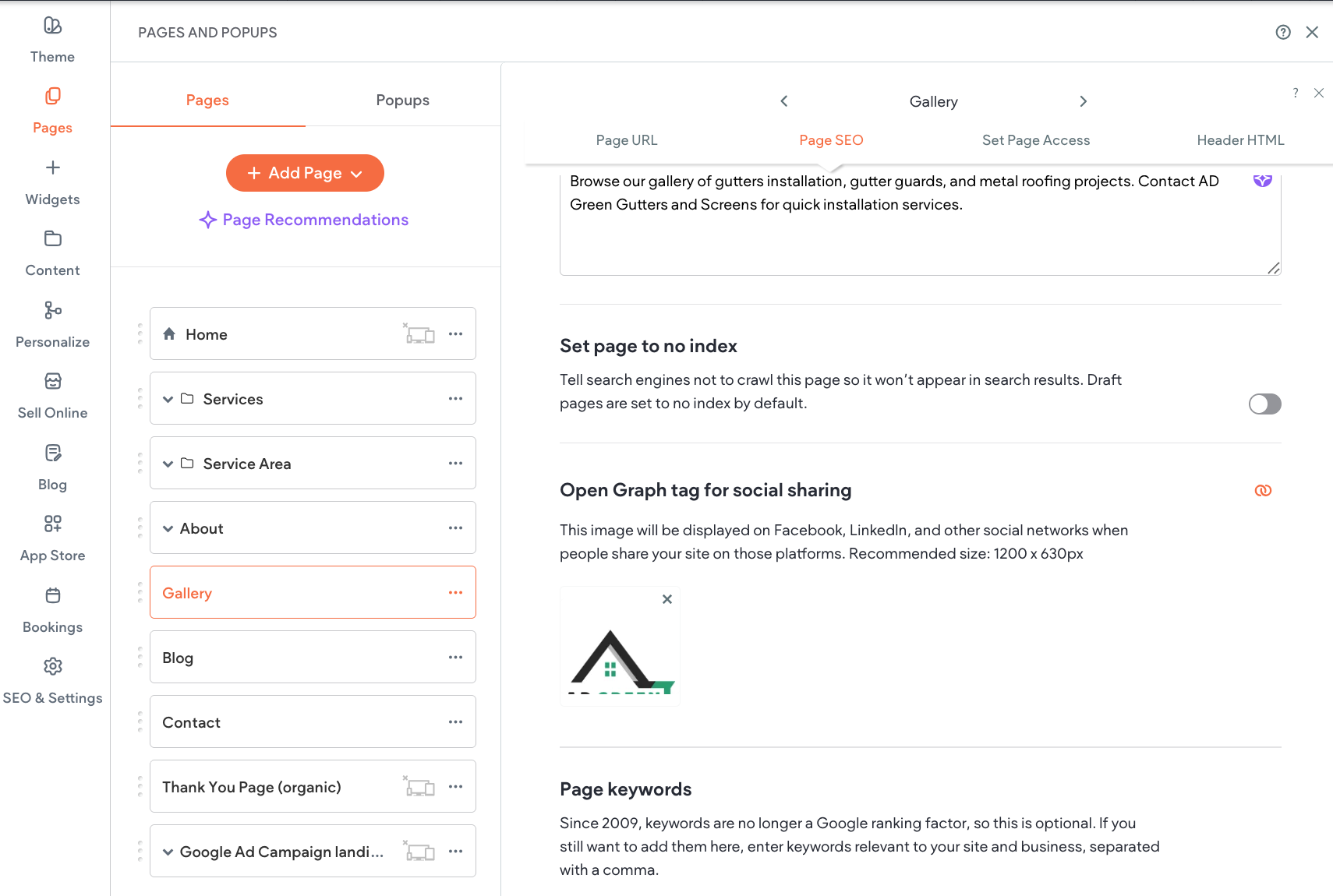
De-indexing is when you tell search engines, “don’t show this page in search results.” This can be done in three ways:
- Using a “noindex” tag in your page’s code.
- Blocking crawlers with your
robots.txtfile. - Requesting removal through Google Search Console.
When used correctly, it keeps certain pages—like temporary promotions or internal portals—out of search results. But when misused, it can quietly hurt your visibility, your rankings, and even your authority.
Watch this video on how to de-index a website page
Watch me "de-index a page"
When to De-Index a Page and a better alternative
Now, before we tell you the reasons to De-Index...
We strongly suggest that you 301 redirect low-performing, cannibalizing, or competing pages to the stronger page and continually improve the strong pages.
Even though it’s rarely needed, there are a few smart reasons to de-index specific pages.
1. Duplicate or Thin Content
If you have multiple pages that say nearly the same thing—like different city pages using identical text—Google may see them as duplicate content. De-indexing older or duplicate pages helps your main versions rank better and keeps your sitemap clean.
2. Test Pages or Hidden Experiments
When you’re testing landing pages, running A/B experiments, or previewing content, you don’t want those pages showing in search results. Adding a simple
noindex
tag keeps Google from crawling them until they’re ready for launch.
3. Short-Term Announcements or Seasonal Promos
If you run a short promotion or campaign, like a “Spring Roof Tune-Up” or “Fall Gutter Cleaning Special,” you’ll want to de-index or remove those pages after the offer ends. Otherwise, customers might click outdated content months later.
4. Duplicate Product or Service Variations
For e-commerce or product-heavy sites, nearly identical service or product pages can confuse Google. De-indexing low-value variations prevents keyword cannibalization and improves your overall site authority.
In most other cases, strong
website structure, redirect rules, and password protection achieve the same result—without removing valuable pages from Google’s index.
What do you write about in your Plumber Newsletter?
Give them a reason to read it!
Your newsletter should balance education and promotion. Customers want to save money, protect their homes and learn simple DIY tasks. One‑third of marketers plan to maintain or increase email spending[1] because high‑quality content pays dividends. Use the following content types to keep readers engaged and inspire them to book future services.
Seasonal tips & maintenance
A properly timed newsletter helps customers prepare for the season ahead.
Spring: Remind readers to check outdoor faucets and sump pumps before storms. Suggest cleaning gutters to prevent water from backing up into foundations.
Summer: Offer advice on conserving water during droughts or heatwaves. Promote inspections of sprinkler systems and pool plumbing.
Fall: Educate homeowners about insulating pipes and winterizing outdoor spigots. Recommend flushing water heaters to remove sediment.
Winter: Explain how to prevent frozen pipes and what to do if they burst. Promote emergency plumbing services and include an easy phone number button.
Sharing seasonal advice demonstrates your expertise and builds trust, keeping customers ready to call when problems arise.
Special offers & loyalty rewards
Newsletters are a great place to announce promotions and loyalty programs. Offer discounts on annual water heater service, coupons for drain cleaning or package deals when customers book multiple services. Reward loyal clients with early access to new services, free inspections or referral bonuses. A loyalty program encourages repeat bookings and fosters a sense of community.
Educational content & storytelling
People love stories and advice they can apply immediately. Include before‑and‑after photos of challenging jobs and explain how you solved them. Share tips for minor DIY fixes, such as unclogging a sink without harsh chemicals. Explain the benefits of modern plumbing upgrades like tankless water heaters or water filtration systems. Featuring team members and their certifications shows professionalism and personalizes your company.
Final Thoughts
De-indexing a page isn’t the enemy—but overusing it is.
With password-protected pages, member-only access, and better website structure, you can control visibility without hiding from search engines entirely. Think of Google like a map.
The more clean, connected roads you keep open, the easier it is for customers—and AI tools like ChatGPT or Bing Copilot—to find and understand your business.
So before you click “noindex,” ask yourself:
“Does this page need to disappear, or does it just need better structure?”
In most cases, structure wins.
Need help with optimizing your website and getting more leads?
Book a website consult with us today!
Article Sources:
Citations: Email user, adoption and ROI statistics are from Forbes Advisor’s 2024 email marketing report[1][3][16]. Additional insights on open rates, click‑through rates and conversion rates come from the same report[4][13]. Personalization and AI usage data are also drawn from Forbes[10].
[1] [2] [3] [4] [5] [6] [7] [8] [9] [10] [11] [12] [13] [14] [15] [16] 49 Top Email Marketing Statistics – Forbes Advisor
https://www.forbes.com/advisor/business/software/email-marketing-statistics/
Subscribe to Blog
Sign up to get industry insights, trends, and more in your inbox.
Contact Us
We will get back to you as soon as possible.
Please try again later.
Book Free Consult
Join me for a 30-45 minute call to review how to grow your contractor business faster, more affordably, and easier.
SHARE THIS
